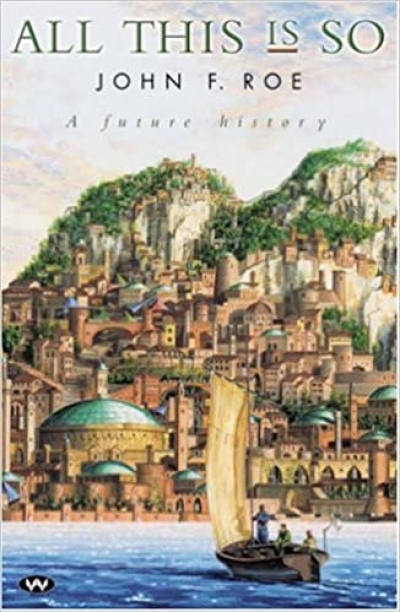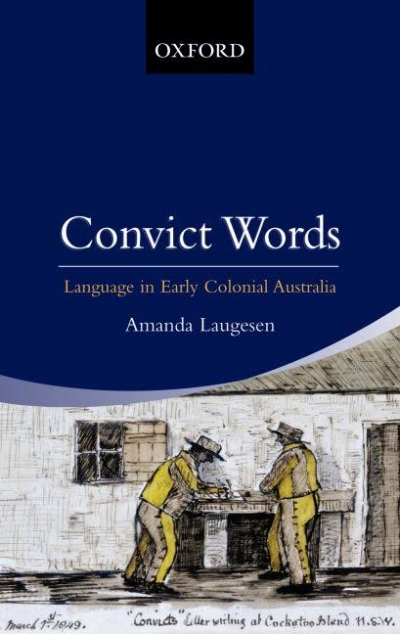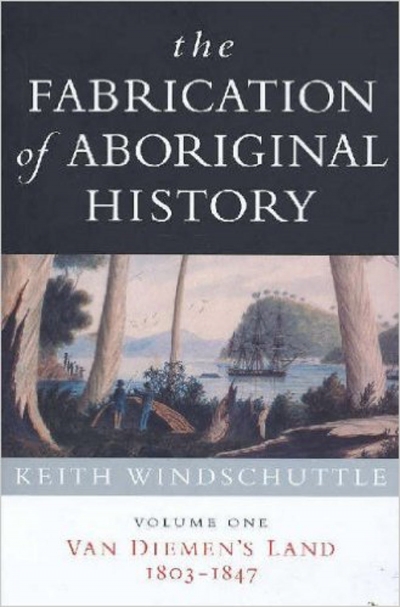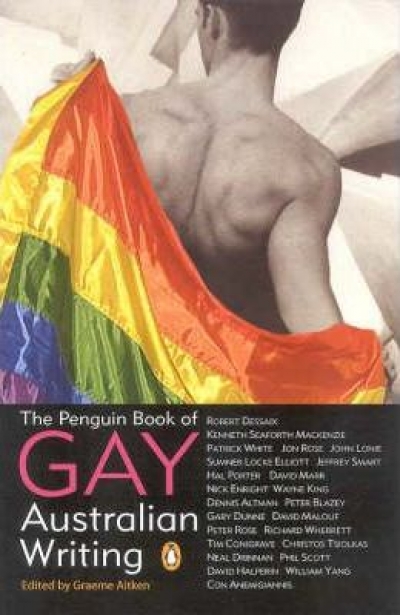Archive
Convict Words: Language in early colonial Australia by Amanda Laugesen
The Fabrication of Aboriginal History: Volume one, Van Diemen’s Land 1803–1847 by Keith Windschuttle
God, the lonely father,
shuffles through the
corridors of heaven,
haunted by angels –
memories of desire,
the source of nostalgia.
Don Anderson
Don Watson’s Recollections of a Bleeding Heart: A portrait of Paul Keating PM (Knopf). Gripping narrative; gripping drama. Plenty of heart; plenty of blood on Canberra carpets. Fond picture of possibly Australia’s last Labour prime minister. Sylvia Lawson’s How Simone de Beauvoir Died in Australia: Stories and essays (UNSW Press). Complex, spacious, committed, convincing, intellectually riveting speculations and reflections. And, finally, anything by Peter Temple, an outstanding crime fiction novelist who combines true grit and a college education with the smells of the city (Melbourne). Try Shooting Staror Dead Point (both from Bantam).
... (read more)The Penguin Book of Gay Australian Writing edited by Graeme Aitken
This is a particularly interesting group of reissued ‘classics’, spanning just over fifty years in twentieth-century Australian literature. Although they have very different fictional styles, all are realist or social realist novels, and their politics and preoccupations are not dissimilar. Each is concerned with working people’s lives, differing contrasts between city and country life, and aspects of class.
... (read more)Aviva Tuffield reviews 'The Truth about My Fathers' by Gaby Naher, 'I’m Hungry, Daddy' by Cliff Nichols, and 'The Bean Patch' by Shirley Painter
These three memoirs share central focus on fathers: Gaby Naher’s is a meditation on fatherhood, Shirley Painter’s is about surviving an abusive one, while Cliff Nichols’s relates his life as an alcoholic and unreliable parent. They are also all part of the current flood of life-writing appearing from Australian publishing houses. Drusilla Modjeska, writing recently about the failings of contemporary fiction, argued that creative writing courses since the 1980s have produced a spate of postmodern first novels that were ‘tricksy and insubstantial’, deconstructing narrative at the expense of well-developed plots and characters. These courses may also account for much of the current memoir boom, feeding the demands of our voyeuristic culture. But publishers have a responsibility to readers to tame the genre’s self-revelatory excesses.
... (read more)





